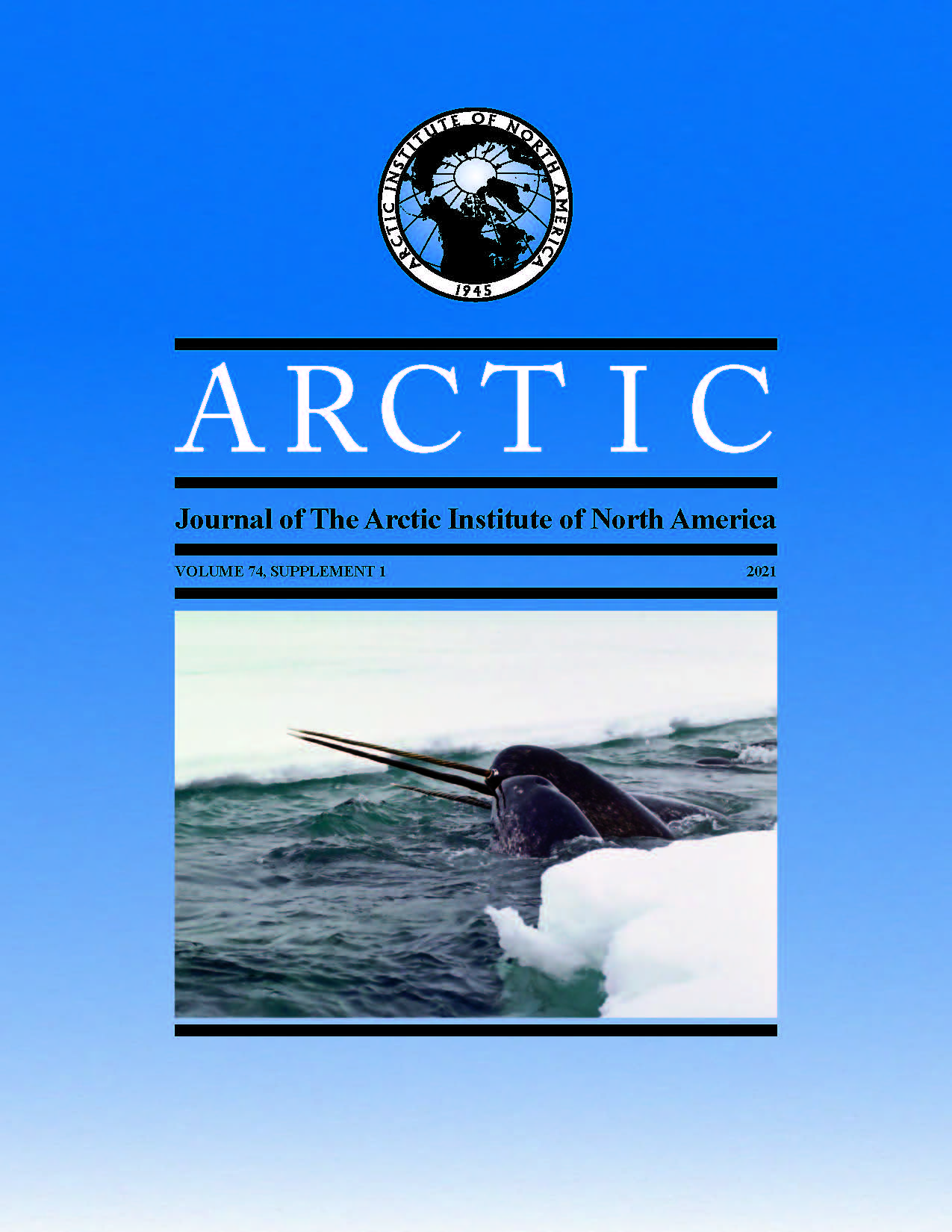Harnessing the Power of Community Science to Address Data Gaps in Arctic Observing: Invasive Species in Alaska as Case Examples
DOI :
https://doi.org/10.14430/arctic73773Mots-clés :
science citoyenne; science communautaire; observation de l’Arctique; espèces étrangères; surveillance; détection précoce; politique fondée sur des données probantesRésumé
L’Arctique fait l’objet de changements de taille susceptibles de s’accélérer au cours des prochaines décennies, comme l’introduction et l’intensification d’espèces envahissantes. L’Arctique se trouve dans la position unique d’empêcher les nouvelles introductions et la propagation des espèces envahissantes actuelles grâce à l’adoption de politiques et de mesures visant à en faire la détection précoce. Réagir aux menaces des espèces envahissantes afin de minimiser leurs incidences sur les écosystèmes, les collectivités, la sécurité alimentaire et les économies nordiques nécessitera des activités d’observation et de surveillance d’envergure. Toutefois, les gestionnaires de ressources sont souvent tenus de prendre des décisions sans posséder de données et de ressources adéquates. Les programmes d’observation locaux, comme les programmes de science citoyenne et les programmes de surveillance communautaire, constituent des méthodes intéressantes d’augmentation de la capacité d’observation qui comportent des approches contributives et créées en collaboration tout en ayant pour effet de sensibiliser les parties prenantes aux enjeux. Bien que le modèle créé en collaboration ait été appliqué et encouragé à grande échelle dans le contexte de l’Arctique, les programmes de science citoyenne contributive offrent un outil supplémentaire pour s’attaquer aux besoins d’observation dans l’Arctique. Nous présentons trois programmes de science citoyenne contributive se rapportant à l’environnement d’eau douce, à l’environnement terrestre et à l’environnement marin, programmes qui s’inscrivent dans les objectifs du partenariat de l’Alaska en matière d’espèces envahissantes (Alaska Invasive Species Partnership). Nous discutons des critères nécessaires à l’atteinte des mesures prioritaires de l’ARIAS à l’échelle du participant, soit en matière de motivation des participants et de leur compréhension de la valeur de leurs contributions, à l’échelle programmatique, par exemple en faisant la promotion d’un échange de connaissances accessible, réciproque et transparent, et à l’échelle des politiques et des sciences pour lesquelles les mesures de gestion sont fondées sur les données. La démarche vise l’intégration réussie de la science citoyenne dans l’élaboration des politiques touchant l’Arctique. Enfin, nous discutons des défis inhérents à la collecte générale des données globales et à l’orientation future de la science citoyenne contributive au sein des réseaux d’observation de l’Arctique.



